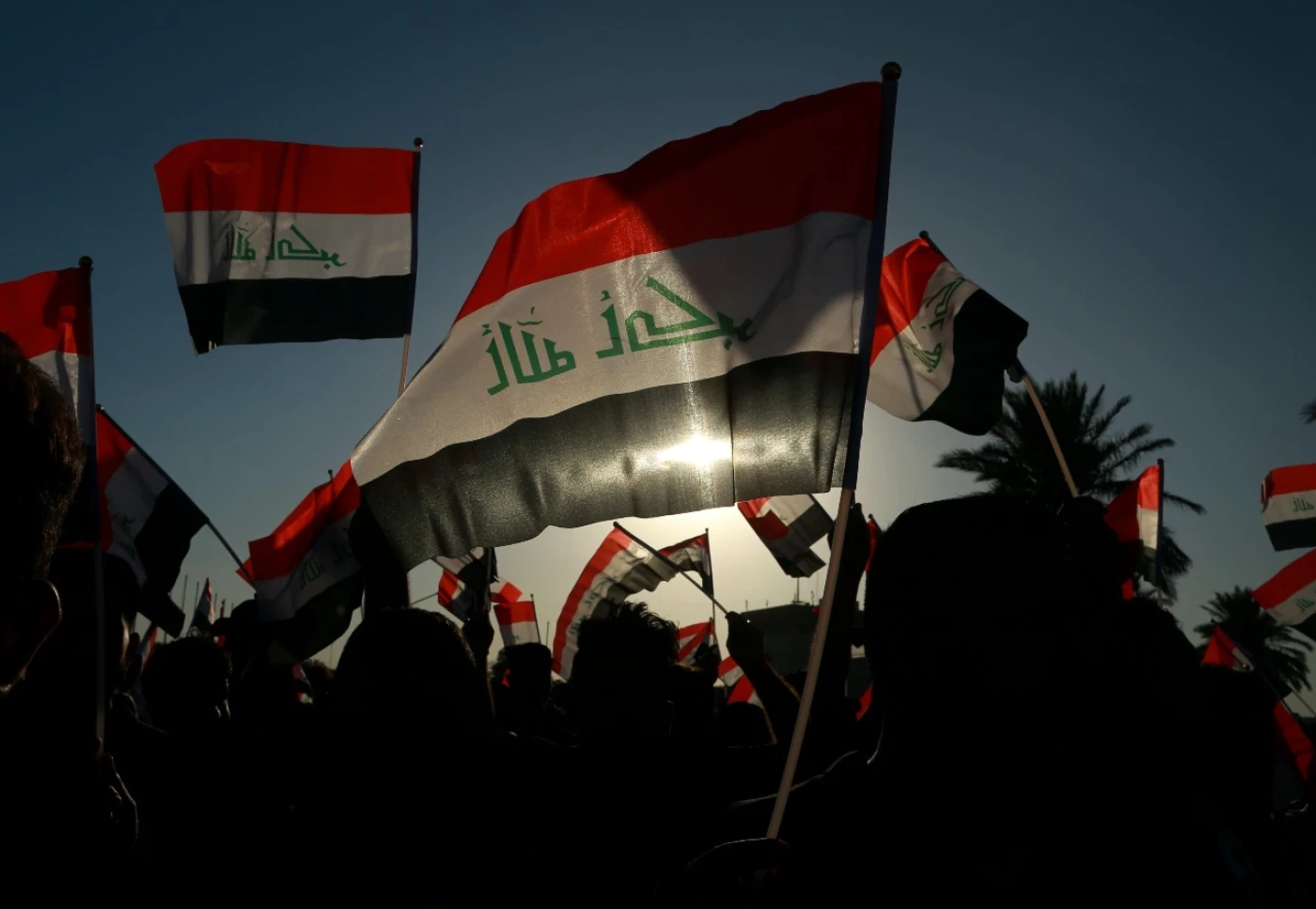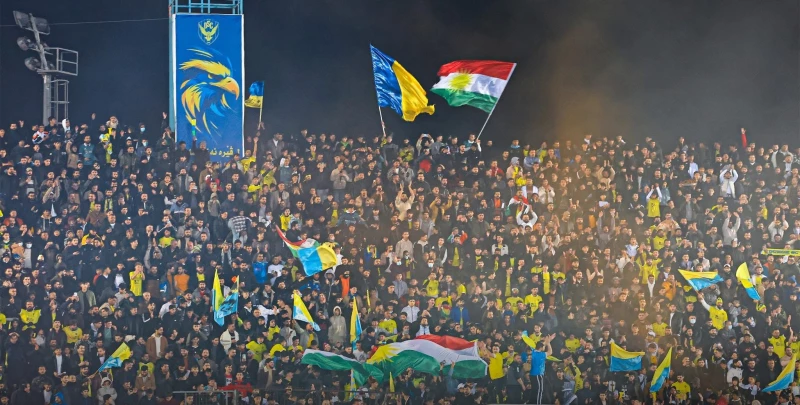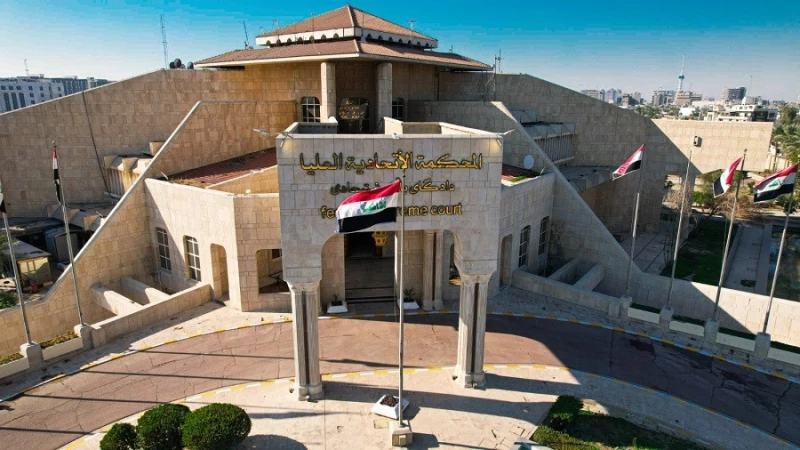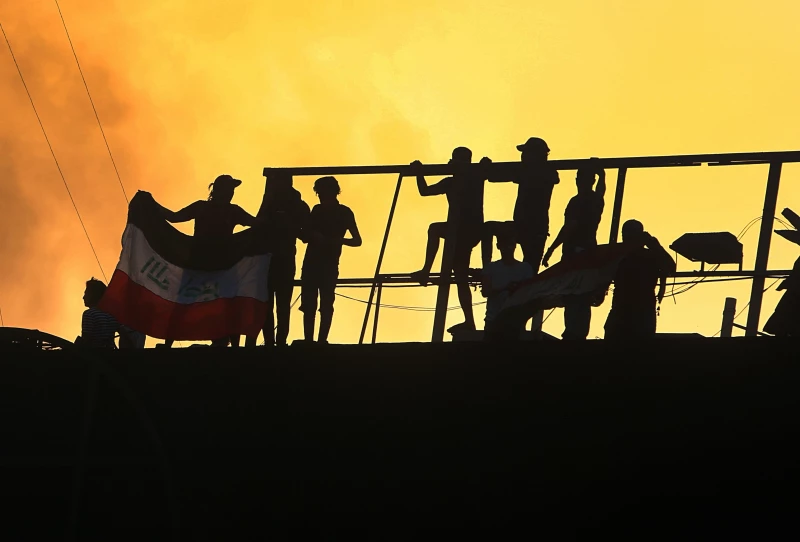For much of the past two decades, Iraq has been viewed through a narrow lens: as a failed state, a battleground for foreign influence, and most notably, as an extension of Iranian regional power. Hemmed in by US military occupation and Tehran’s grip over internal affairs, Baghdad appeared less a sovereign actor than a venue for proxy conflict. That narrative, however, is no longer sufficient.
A discreet but deliberate transformation is underway in Iraq’s foreign policy, marking a decisive turn toward strategic balance and institutional independence. No longer willing to serve as an appendage to regional agendas, Iraq is charting a more autonomous path. While this shift has yet to garner the attention it deserves in Western capitals, it may represent the most consequential reorientation in the region’s political landscape since the fall of Mosul.
Under the current government, Baghdad has gradually distanced itself from Tehran’s tutelage via institutional repositioning. This approach avoids dramatic breakups and instead focuses on careful, gradual adjustment. Iraq is not crudely severing relations with Iran, but it is no longer acquiescing to decisions made in Qom or the Islamic Revolutionary Guard Corps’ (IRGC) corridors of power.
Where previous Iraqi administrations operated under the thumb of extra-legal militias and sectarian influence, the state now asserts itself through official channels, prioritizing state institutions over armed proxies. Iran’s declining influence in Syria and Lebanon has provided Baghdad with an opening, and the leadership is seizing the opportunity.
Recent actions reflect this evolution. A diplomatic meeting in Doha earlier this year signaled Baghdad’s intention to re-engage with the region on its own terms, without intermediaries or ideological alignment. When forest fires later tore through Latakia this summer, Iraq followed through by dispatching emergency teams through its Ministry of Interior—direct, state-to-state humanitarian assistance, with no involvement from Iranian-aligned militias.
In the security domain, the signs are even clearer. Iraq has reactivated cooperation with Interpol, begun extraditing fugitives, and removed longstanding political obstacles to its participation in NATO’s Battlefield Information Collection and Exploitation System (BICES) information-sharing network—steps that would have been unthinkable under the previous dynamic of internal strife.
Diplomatically, Baghdad has redefined its role on multiple fronts:
It sent wheat shipments to Syria, projecting sovereignty through humanitarian outreach.
In Lebanon, it backed the central government over militia factions following the recent war.
At the Arab League Summit, Iraq emerged as a mediator and resisted the politicization of contentious dossiers.
Perhaps most tellingly, it hosted the Yemeni ambassador in Baghdad, lending diplomatic legitimacy where ambiguity once reigned.
These moves demonstrate that Iraq is no longer aligning itself with a single axis of power. Instead, it is pursuing a more principled and flexible approach that prioritizes national sovereignty over external influence.
The implications of this recalibration are significant. For the first time in years, Iraq is acting as a state with strategic agency. That makes it a potentially valuable partner in a region starved of institutional anchors.
Yet the West has been slow to adjust. Viewing Iraq primarily as a counterterrorism platform or a containment zone for Iranian influence risks obscuring the bigger picture. A recalibrated Western policy that emphasizes institution-building over personality politics could help consolidate Iraq’s gains and amplify its emerging role as a stabilizing force.
This would require a departure from old habits. The West should resist the urge to view Baghdad through the lens of dependency or dysfunction. Instead, it should acknowledge Iraq’s efforts to assert leadership in a region increasingly characterized by multipolar competition and institutional fragility.
Baghdad’s new posture is strategic and long overdue. It draws on hard lessons from decades of foreign interference, internal fragmentation, and economic underperformance. It is a model of governance that aspires to rebuild legitimacy through sovereignty, diplomacy, and the gradual reconstitution of the state.
The stakes are high. If given the necessary support, Iraq could reemerge as a central, balancing power in the Arab world capable of moderating regional tensions and anchoring dialogue in an era of rising polarization.
But this outcome is not inevitable. It depends, in part, on whether the international community is willing to see Iraq as it is becoming, not as it once was. Baghdad’s pivot is a litmus test for whether the Middle East can produce states that lead on their own terms, and for whether the West can recognize them when they do.
The views expressed in this article are those of the writer and do not necessarily represent the position of The New Region's editorial team.


 Facebook
Facebook
 LinkedIn
LinkedIn
 Telegram
Telegram
 X
X



